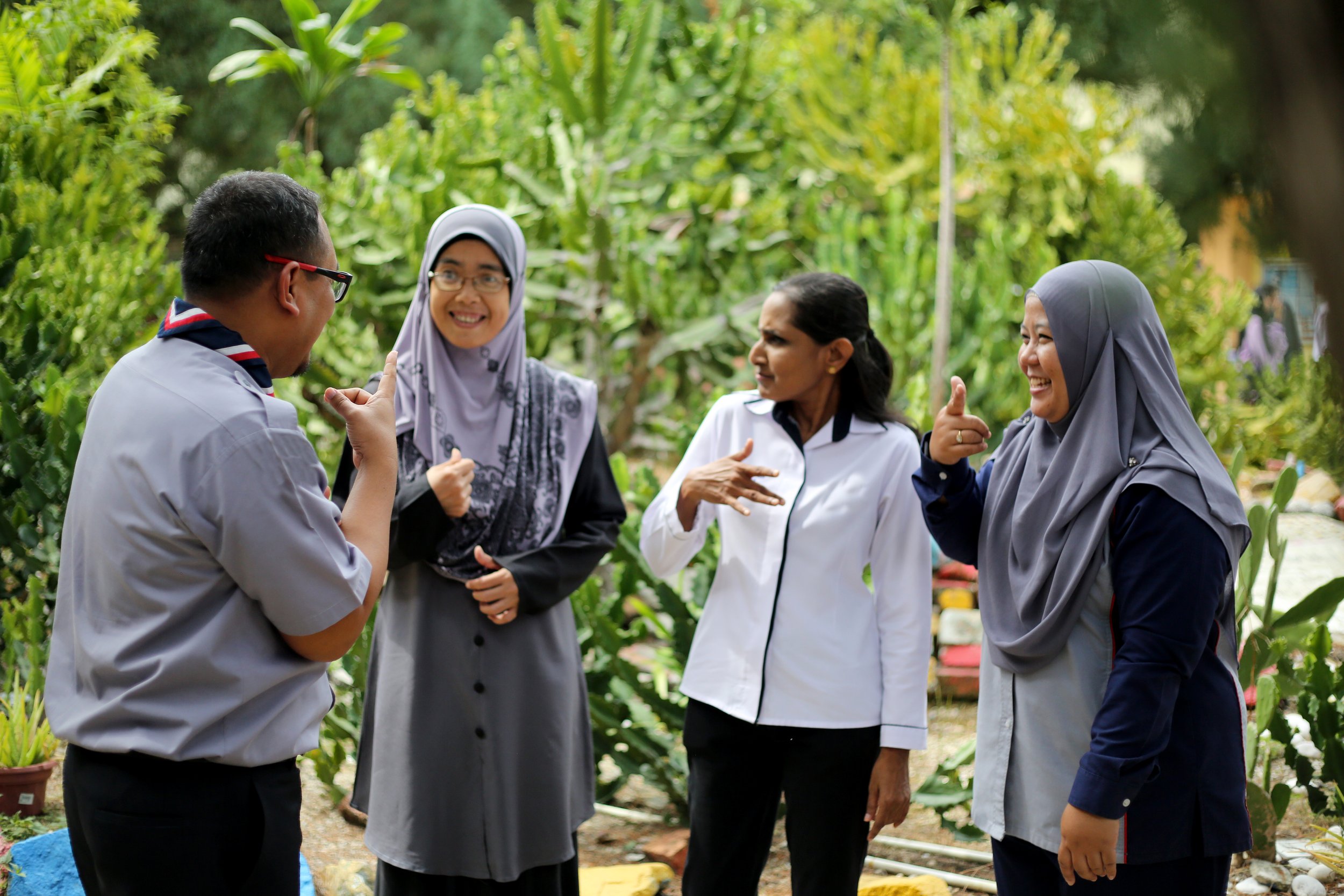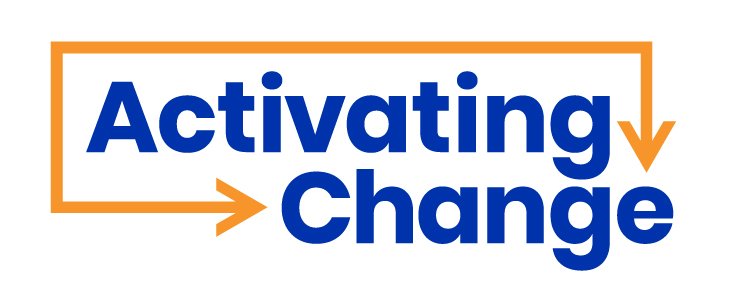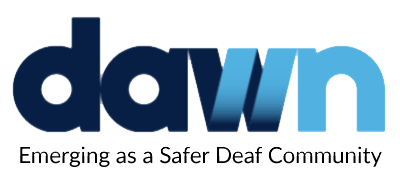
Expanding Deaf Services and Advocacy
Deaf survivors face communication, cultural, and other barriers to accessing hearing victim services that are often insurmountable. “For Deaf, by Deaf” victim services offer a solution for Deaf survivors, but they don’t exist in most communities and there is only one “For Deaf, by Deaf” program for Deaf communities of color nationwide. Activating Change - in partnership with DAWN and DeafHope - is working to increase the availability of these services, while removing barriers in hearing programs.
Barriers Exist for Deaf Survivors
68% of victim service providers report rarely or never serving Deaf survivors.
1 in 10 victim service providers report using children of survivors as interpreters.
23% of service providers report no sign language interpreters in their area.
25% of victim service organizations identified Deaf and hard of hearing people as underserved.
“For Deaf, By Deaf” Anti-Violence Programs
“For Deaf, by Deaf”programs are a best practice for serving Deaf communities. They are designed and run by members of Deaf communities. They provide services - emergency hotlines, crisis intervention, advocacy, peer support, and community education - in sign language and ProTactile Language. They integrate Deaf cultural values and traditions into all aspects of the organization and programming. And, they leverage strengths in Deaf culture and communities to support Deaf people.
There is a severe shortage of “For Deaf, By Deaf” services in the United States. There are more than 11,000 victim service providers in the United States, but less than 25 of them are “for Deaf, by Deaf.” 71% of states in the United States do not have any of these vital programs available.
The programs that exist lack sufficient funding, often serve an entire state with 2-3 staff, and face systemic barriers in the course of their work.
Availability of Deaf Services in the United States
Our Solutions
-
Deaf Action: Capacity Building for Deaf Anti-Violence Programs
Through Deaf Action, we run the first of its kind capacity-building initiative for Deaf victim services organizations. The training, guidance, and resources we provide are in sign language and Protactile Language and led by Deaf experts. We provide everything from 40-hour advocacy training to grant writing support to training on providing culturally responsive services. Our goals are to strengthen individual programs; increase coordination and alignment across programs; and increase the visibility and voice of Deaf advocacy in the broader survivor advocacy movement.
-
A National Sign Language Interpretation Service for Victim Service Providers
We operate a nation-wide service that provides remote sign language interpretation to victim service providers who are serving Deaf survivors. Through the National Sign Language Interpretation Service for Deaf Victims, we are filling a significant barrier preventing Deaf survivors from getting life-saving and sustaining support from victim services: a lack of sign language interpretation to bridge cultural and communication barriers between Deaf survivors and hearing programs and systems. This service allows us to provide a short-term fix while we work towards the long-term goal of ensuring that every Deaf survivor receives support from a Deaf advocate. Applications are now open for victim service providers to apply for interpreting services.
Our Partners
DAWN
DAWN is a trauma-informed, culturally responsive, and transformative justice-based agency to provide multi-faced services to the survivors and the community to understand and address power-based violence by providing direct services and education. DAWN’s mission is to promote healthy relationships and reduce abuse in the Deaf community of the Washington DC area.
DeafHope
DeafHope’s mission is to end domestic and sexual violence in Deaf communities through empowerment, education and services. DeafHope works to develop innovative approaches to facilitate change within the Deaf community, to break down the cultural and social systems that perpetuate violence against women, and to empower individuals to work toward a life free of violence.
Explore More

Join the Movement
Join our mailing list to be the first to know about events, resources, and news from Activating Change.






